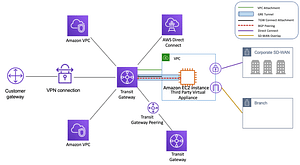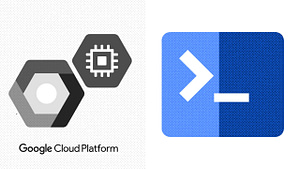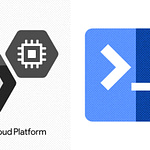When it comes to cloud computing, there are several major players to choose from: Oracle Cloud Infrastructure (OCI), Amazon Web Services (AWS), Google Cloud Platform (GCP), and Microsoft Azure. Each of these platforms has its own strengths and weaknesses, and the right choice for your business will depend on your specific needs and goals. In this blog post, we’ll compare OCI, AWS, GCP, and Azure to help you make an informed decision.
Pricing:
- OCI: Pricing for OCI is based on a pay-as-you-go model, with options for reservations and volume discounts. Prices are generally higher than those of AWS and GCP, but this can vary depending on the specific resources needed.
- AWS: AWS offers a pay-as-you-go model, with options for reserved instances and volume discounts. Prices are generally lower than those of OCI and Azure, but this can vary depending on the specific resources needed.
- GCP: GCP also uses a pay-as-you-go pricing model, with options for volume discounts and sustained use discounts. Prices are generally lower than those of OCI and Azure, but this can vary depending on the specific resources needed.
- Azure: Azure uses a pay-as-you-go model, with options for reservations and volume discounts. Prices are generally higher than those of AWS and GCP, but this can vary depending on the specific resources needed.
Services and Features:
- OCI: OCI offers a range of compute, storage, networking, and analytics services. It is known for its high-performance computing and bare metal options, as well as its Oracle Autonomous Database service.
- AWS: AWS has the largest selection of services and features of any cloud platform, including compute, storage, networking, and analytics. It also offers a wide range of specialized services such as machine learning, artificial intelligence, and Internet of Things (IoT).
- GCP: GCP offers a range of compute, storage, networking, and analytics services. It is known for its strong focus on machine learning and data analytics, with services such as Google Cloud AI Platform and Google BigQuery.
- Azure: Azure offers a wide range of services, including compute, storage, networking, and analytics. It has a strong presence in the enterprise market and offers a variety of services for Windows-based workloads.
Regional Availability:
- OCI: OCI has data centers in several regions around the world, including North America, Europe, and Asia. However, its regional availability is not as extensive as that of AWS, GCP, or Azure.
- AWS: AWS has data centers in multiple regions and availability zones around the world, including North America, South America, Europe, Asia, and Australia.
- GCP: GCP has data centers in multiple regions around the world, including North America, South America, Europe, Asia, and Australia.
- Azure: Azure also has data centers in multiple regions around the world, including North America, Europe, Asia, and Australia.
Ecosystem:
- OCI: OCI has a growing ecosystem of tools, integrations, and partners, but it is not as extensive as those of AWS, GCP, or Azure.
- AWS: AWS has the largest and most mature ecosystem of any cloud platform, with a wide range of tools, integrations, and partners.
- GCP: GCP also has a strong ecosystem, with a range of tools, integrations, and partners.
- Azure: Azure has a strong ecosystem, with a range of tools, integrations, and partners, particularly in the enterprise market.
Support and Documentation:
All four platforms offer a variety of support options, including online documentation, forums, and support plans. AWS and GCP are generally considered to have the best documentation, while Azure is known for its strong support for enterprise customers. OCI’s support and documentation are generally considered to be good, but not as comprehensive as the other platforms.











